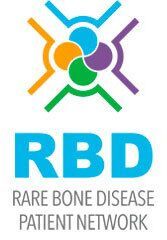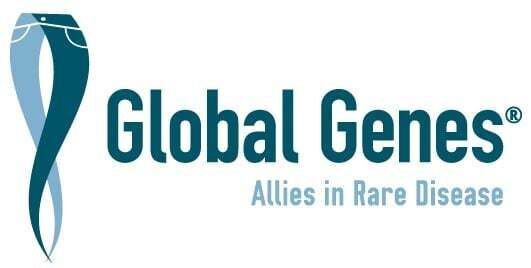
Rare diseases are, by definition, uncommon and often challenging to diagnose. However, the consequences of a delayed diagnosis can be substantial and extend beyond the immediate health impact. The financial, emotional, and social costs of a late diagnosis can burden patients and their families, as well as the healthcare system. In this blog, we'll explore the hidden costs of rare disease diagnosis delays and why timely identification is crucial.
The Diagnostic Odyssey
On average, individuals with rare diseases endure a diagnostic odyssey spanning seven to nine years. This journey involves a series of doctor visits, medical tests, and misdiagnoses before finally pinpointing the rare condition. This extended diagnostic process not only leads to suffering and uncertainty for patients but also carries significant economic ramifications.
The Financial Toll
- Medical Costs: During the diagnostic odyssey, patients often undergo a battery of expensive medical tests and consultations. These costs accumulate over the years, creating a significant financial burden for individuals and families.
- Productivity Loss: Rare disease patients may need to take time off work for medical appointments or due to the impact of their undiagnosed condition. These absences result in lost wages and reduced workforce productivity.
- Travel Expenses: Many rare disease patients must travel long distances to visit specialists who can accurately diagnose their condition. These additional travel expenses can further strain the financial resources of affected families.
The Human Cost
- Emotional Toll: The uncertainty and frustration that come with a delayed diagnosis can take a severe emotional toll on patients and their families. The constant search for answers, coupled with the fear of the unknown, can lead to anxiety, depression, and emotional distress.
- Isolation: Rare disease patients often feel isolated because they may not encounter others with the same condition in their daily lives. This lack of a support network can exacerbate feelings of loneliness and despair.
- Stigmatization: The lack of public awareness about rare diseases can result in stigmatization and discrimination, both within the healthcare system and society at large. Patients may feel blamed or misunderstood, further compounding their emotional distress.
The Healthcare System Impact
The delayed diagnosis of rare diseases also affects the healthcare system as a whole:
- Inefficient Resource Allocation: The prolonged diagnostic odyssey consumes significant healthcare resources, diverting attention and funding away from other medical needs.
- Missed Opportunities for Early Intervention: Timely diagnosis is crucial for initiating treatment, managing symptoms, and improving health outcomes. A late diagnosis can result in missed opportunities for early intervention and the prevention of irreversible damage.
The hidden costs of rare disease diagnosis delays go beyond the initial medical expenses. They encompass lost productivity, emotional suffering, and even the strain on healthcare resources. Recognizing the importance of timely diagnosis and increasing awareness of rare diseases is essential to reduce these hidden costs.
Check back for more information about rare disease advocacy.






